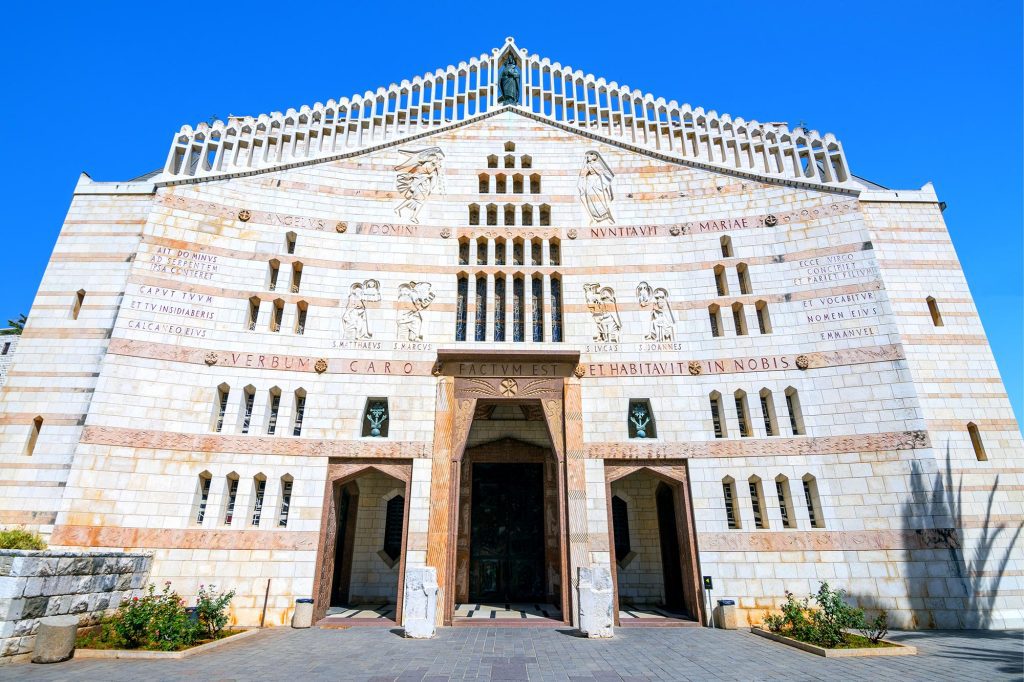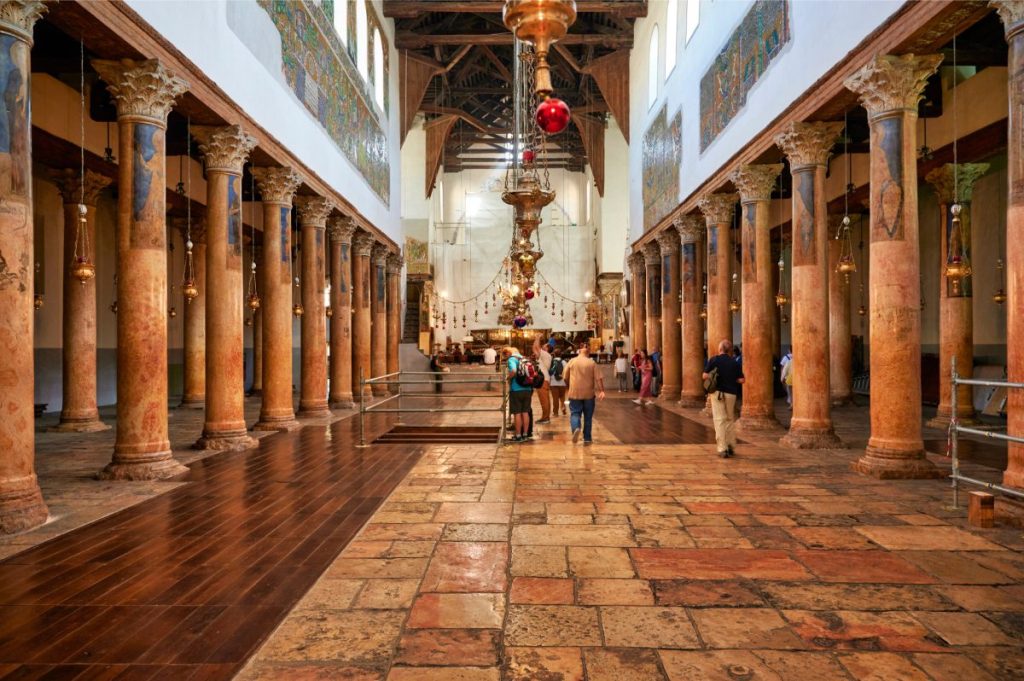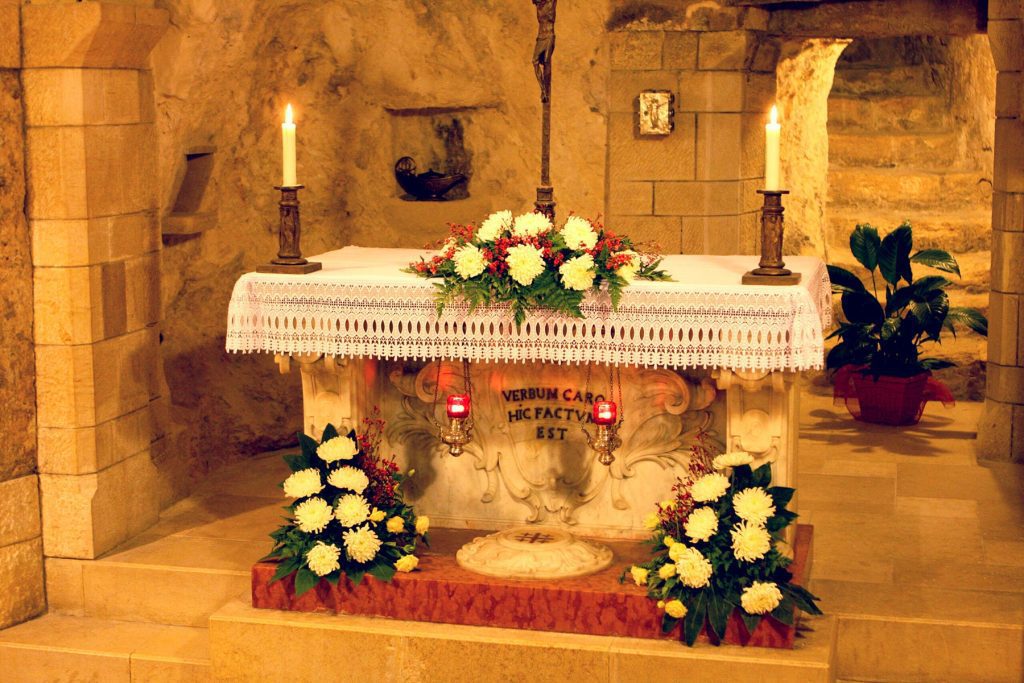The Incarnation of Jesus Christ is one of the most fundamental beliefs of Christianity. It is the belief that the Son of God, who existed from the beginning with God the Father and the Holy Spirit, took on human flesh and became a man.

Furthermore, the Incarnation is considered one of the most significant events in human history, as it represents God’s ultimate act of love and redemption for humanity. According to Christian doctrine, the Incarnation occurred when Jesus was conceived in the womb of a woman, the Virgin Mary, also known as the Theotokos (Greek for “God-bearer” or “Mother of God”). In addition, the Incarnation occurred when Jesus was born of a virgin named Mary in Bethlehem over 2,000 years ago. The doctrine of the incarnation then entails that Jesus was at the same time both fully God and fully human—two natures in one person.
The Gospel of John states:
“And the Word became flesh and dwelt among us, and we have seen his glory, glory as of the only Son from the Father, full of grace and truth”
(John 1:14)
This verse encapsulates the core Christian belief that Jesus was human and fully divine. In the incarnation, as traditionally defined by those Churches that adhere to the Council of Chalcedon, the divine nature of the Son was united but not mixed with human nature in one divine person, Jesus, who was both “truly God and truly man.”
Church of Nativity

This is central to the traditional faith held by most Christians. Alternative views on the subject (like the Ebionites and as mentioned in the Gospel of the Hebrews) have been proposed throughout the centuries, but Nicene Christianity rejected all.
Moreover, the incarnation is commemorated and celebrated each year at Christmas. Reference can also be made to the Feast of the Annunciation; “different aspects of the mystery of the incarnation” are celebrated at Christmas and the Annunciation.
Why is the Incarnation of Jesus Important?
So the Incarnation of Jesus is significant for several reasons:
First, it represents God’s desire to be with his people and to redeem them from sin and death. By becoming human, God could fully understand the human condition and our struggles. This made it possible for Jesus to empathize with us and to offer us the hope of salvation.
Second, the Incarnation reveals God’s love for humanity. The Apostle Paul writes:
“But God demonstrates his own love for us in this: While we were still sinners, Christ died for us”
Romans 5:8
This verse emphasizes the sacrificial nature of Jesus’ death on the cross and highlights the depth of God’s love for us.
Final Notes
Finally, the Incarnation of Jesus provides a model for how we should live our lives. Jesus demonstrated the love, compassion, and selflessness we should strive to emulate. His teachings and example have profoundly impacted the world and inspired countless people to live lives of service and love. In conclusion, the Incarnation of Jesus is a central doctrine of Christianity and represents God’s ultimate act of love and redemption for humanity.

Last, it reminds us that God is with us and that we are not alone in our struggles. The life and teachings of Jesus continue to inspire and transform the lives of people worldwide, and his message of love and compassion remains as relevant today as it was 2,000 years ago.

